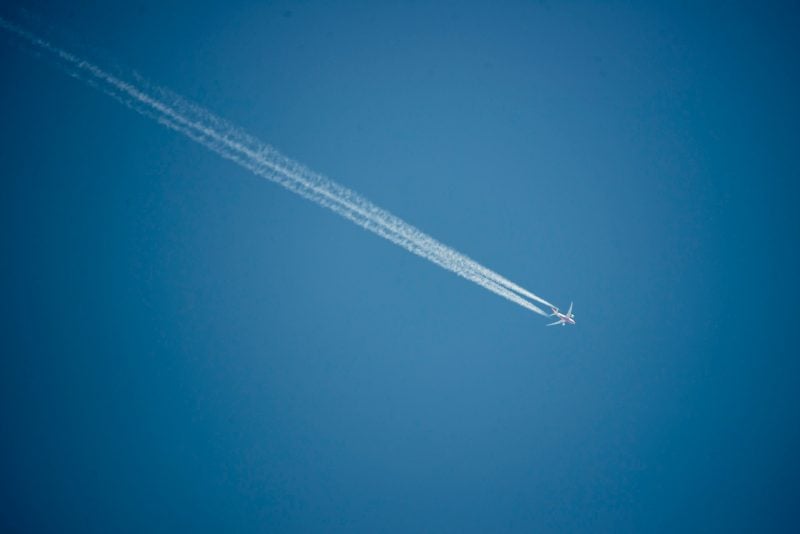In an effort to control the spread of the novel coronavirus, the Centers for Disease Control and Prevention (CDC) and Stanford University guidelines asked some individuals who returned from China to self-isolate for 14 days.
Three Bay Area residents interviewed by The Daily described the process as largely manageable for them, having found support from family, friends and employers.
Ying Shi, a postdoctoral researcher in a renal lab at Stanford Medical School, self-quarantined after she returned from China at the end of January.
“My experience self-isolating was alright because I still had some fellowship work to do,” Shi said. “For fellowships, most of the work is writing, and that’s easy to do from home.”
Shi said that the process was not difficult for her and that she made the decision to self-quarantine for her “own good and for the sake of others.”
“I have my own bathroom, so I don’t really need to come out of my room,” she said. “My boyfriend sent me food every day, and I had all my water and food stored in my room.”
But self-isolation may not be easy for everyone, according to Shi. Acknowledging the high costs of living in Palo Alto, she said that the process could be difficult for individuals who share rooms.
“Self-isolation is encouraged … but if you can’t, it’s not an option,” she said. “Sometimes [people] still have other things to do, so I don’t think they have much choice.”
Shi also said she has heard of parents who did not self-isolate because they had to pick up their children from school and complete other tasks.
Lynn Zhang, who works at a Bay Area tech company, expressed concerns about the U.S. government not following up with those who returned from China to ensure that they were adhering to the two-week quarantine protocol. She returned to the Bay Area at the beginning of February, before a ban on foreign nationals traveling to the U.S. from China was put in place.
Zhang self-isolated for two weeks, working from home and getting groceries through Weee!, a Chinese app. But she expressed concern, based on her own experience after returning from China, that the government would not be easily able to verify who adheres to the self-isolation protocol.
Zhang also discussed the airport screening she passed through at the start of the month, suggesting it was too lax.
“In the airport, they should have some measures taken to screen and check on people, but they haven’t at all,” she said. “I think that they should have these things in their control — they should check everything.”
Based on her experience traveling back to the U.S. near the start of the month, Zhang said the U.S. government’s measures were less comprehensive than those taken in her hometown in northeast China to prevent the spread of coronavirus.
“In our city, all of the public transportation has been shut down and all the gathering places like restaurants, malls, they all shut down too,” she said. “I think in our city, the government has done a very great job in taking quick action.”
China’s government has been criticized for its initial response to an outbreak that has killed more than 2,500 people in the country. Amid frustrations over this response, Chinese President Xi Jinping ousted two top Communist Party officials from the Hubei Province, the center of the outbreak, earlier this month.
Recent changes in American policy have prohibited foreign nationals who visit China from entering the U.S., and all American citizens and lawful permanent residents must enter through one of 11 airports to undergo health screening. Depending on an individual’s health and travel history, they may have restrictions on their movement for 14 days.
A middle-aged woman from China who works in the Bay Area also described the extent of the Chinese government’s efforts to prevent the spread of the virus.
“In Fuzhou, you had to wear a mask when you go to the supermarket,” she said. “Even when I came back to my mom’s apartment building, there are people that are checking where you are from and check your temperature.”
The woman, who requested anonymity due to privacy concerns, self-isolated after returning from China earlier this month, working remotely. She lives with her husband, who did not travel to China and stayed in their home’s basement during the isolation period.
“[My husband] does all the shopping, and when we eat, we don’t eat together,” she said in an interview during her self-isolation. “I use my own utensils and everything. I really want to be careful.”
Contact Camryn Pak at cpak23 ‘at’ stanford.edu.
